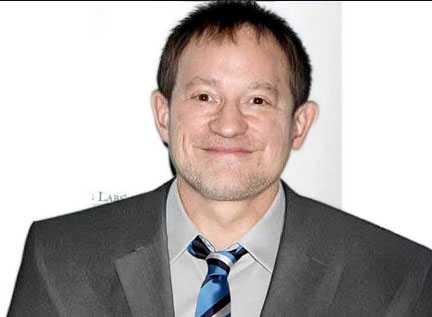Muhammadu Buhari, Nigeria's former president and military ruler, died at age 82 in a London clinic after facing health issues for some time. He was first elected in 2015, marking a notable moment in Nigeria's political history as he became the first opposition candidate to defeat an incumbent leader since the return to democracy. Although he garnered substantial support, particularly from poorer regions, his presidency was riddled with economic turmoil, rising insecurity, and controversies surrounding his government's effectiveness.
Buhari’s tenure was marked by promises to combat corruption and enhance employment prospects, but his government struggled with the impact of falling global oil prices and various social conflicts, most notably the insurgency by Boko Haram. Despite his reputation for personal integrity, he faced criticism for not adequately addressing violence in Nigeria, including farmer-herder clashes and rampant banditry that resulted in numerous student abductions.
Born in December 1942 in Daura, Buhari embarked on a military career that saw him rise through the ranks to become a federal commissioner in the oil sector before staging coups, ultimately seizing power in 1983. His early military rule was remembered for a controversial anti-corruption campaign, which saw numerous political figures jailed, yet it was also marred by allegations of human rights violations. Following a coup in 1985, he spent time in prison before eventually pivoting towards active politics in the 2000s with a focus on democracy.
While some viewed him as a disciplined leader who would restore order, Buhari’s presidency encountered backlash due to the soaring prices of staple goods, prompting widespread public frustration, particularly regarding his economic policies. His health challenges often led him to take extended breaks from governance, creating uncertainty among the populace about the state of leadership in Nigeria.
Buhari leaves behind a significant but contentious legacy, with citizens reflecting on his mixed approach to managing Nigeria's numerous struggles. He is survived by his wife and 10 children.
Buhari’s tenure was marked by promises to combat corruption and enhance employment prospects, but his government struggled with the impact of falling global oil prices and various social conflicts, most notably the insurgency by Boko Haram. Despite his reputation for personal integrity, he faced criticism for not adequately addressing violence in Nigeria, including farmer-herder clashes and rampant banditry that resulted in numerous student abductions.
Born in December 1942 in Daura, Buhari embarked on a military career that saw him rise through the ranks to become a federal commissioner in the oil sector before staging coups, ultimately seizing power in 1983. His early military rule was remembered for a controversial anti-corruption campaign, which saw numerous political figures jailed, yet it was also marred by allegations of human rights violations. Following a coup in 1985, he spent time in prison before eventually pivoting towards active politics in the 2000s with a focus on democracy.
While some viewed him as a disciplined leader who would restore order, Buhari’s presidency encountered backlash due to the soaring prices of staple goods, prompting widespread public frustration, particularly regarding his economic policies. His health challenges often led him to take extended breaks from governance, creating uncertainty among the populace about the state of leadership in Nigeria.
Buhari leaves behind a significant but contentious legacy, with citizens reflecting on his mixed approach to managing Nigeria's numerous struggles. He is survived by his wife and 10 children.






















